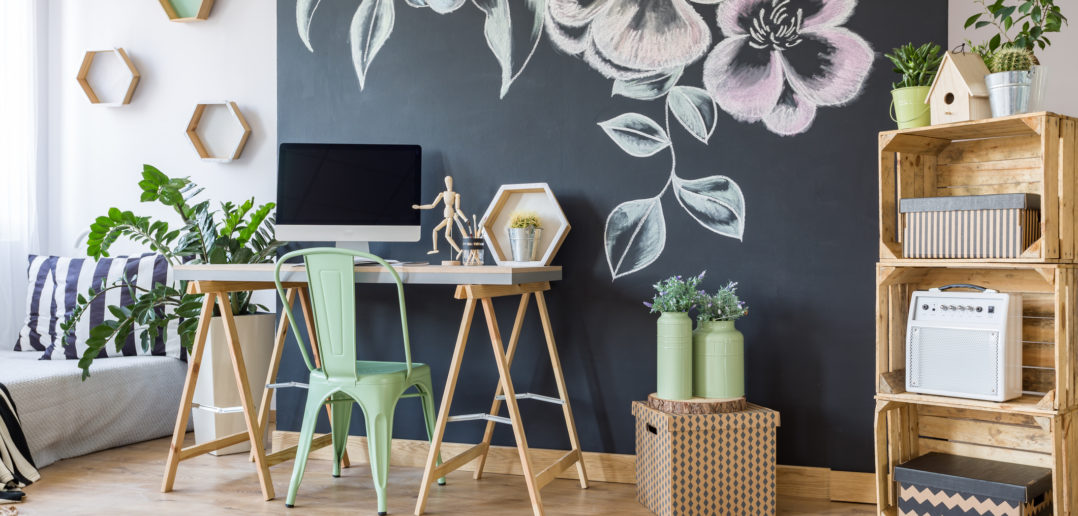The market for micro-apartments in Germany is booming mainly due to the country’s large student population, which makes up for the popularity of this particular property type. In 2016, the volume of student property transactions reached €750 million, almost five times higher than in 2015.
Typically, investors buy micro-apartments to lease them to students, business travellers, seasonal employees, young professionals or tourists. These tenants want private, comfortable and affordable accommodation. In other cases, buyers purchase such properties for their own use.
Purchase
Micro-apartments are cheaper compared to other types of residential property due to their smaller size. In large German cities (Berlin, Munich and Nuremberg), fully finished and furnished micro-apartments cost between €120,000 and €300,000 and parking lots sell for €15,000 to €30,000.
Investors can buy micro-apartments using loans. Foreign nationals can take out up to 50% LTV loans at 2% per annum in Germany. The mortgage arrangement fee is about 1% of the loan amount.
Buyers should factor in transaction costs of 10–15% of the property value, which include a purchase tax (3.5–6.5%), notary fee (1–1.5%), real estate agent’s fee (3.6–7.1%) and property registration fee (0.8–1.2%).
Taking into account all the expenses and mortgage costs, the minimum amount an investor needs to buy an apartment is €70,000. If the buyer already has a bank account in Europe, he or she does not need to visit Germany to complete the purchase.
The buyer pays in instalments when purchasing an off-plan micro-apartment. If the payment is delayed, the developer has the right to terminate the purchase agreement.
Sample payment schedule
| Construction stage | Share of total purchase price, % | Payment deadline |
| Foundation laying | 30 | December 2016 |
| Substantial completion | 28 | May 2017 |
| Roofing, drain-waste-vent and window installation | 12.6 | August 2017 |
| Heating pipes, bathroom equipment and electrical installation, room plastering | 10.5 | November 2017 |
| Floor screening, bathroom tiling | 4.9 | May 2018 |
| The completion of facade finishing and the remaining works | 10.5 | July 2018 |
| Final completion | 3.5 | November 2018 |
In most cases, investors who buy off-plan micro-apartments get bank guarantees for a full refund if the developer fails to complete construction. In certain cases, such measures apply if the developer holds back the property commission. The agreement specifies the delay allowance.
New-built apartments in Germany come with a five-year warranty. If the owner finds building defects in the apartment, the developer must repair them for free. The developer also provides a warranty of up to two years for interior works and furniture, depending on the terms of the sale agreement.
Rental income
The average yield rate for micro-apartments in Germany is 3.5–4.5% per annum. This is higher than the yield for conventional long-term rental flats (2–3% p.a.). The rent for a 20 m² micro-apartment reaches €500–600/month in Berlin and €750–900/month in Munich.
In the case of short-term and mid-term rentals, rates are adjusted in accordance to the market growth, and the owner can terminate the rental agreement and evict tenants that default on payment. These rules do not apply to long-term rentals – most rental agreements protect tenants from eviction and rent increases for many years to come.
The owner of micro-apartments can lease them independently or participate in a pooled investment project in which each investor owns a share of the building. In this case, a management company leases the apartment and distributes the revenue between the owners proportionally to the investment amount. Each owner is guaranteed a share whether the apartments rent out or not.
Maintenance and management costs
The owner of a micro-apartment signs an agreement with a management company, which takes full charge of leasing the property.
Owners spend about €1,200–2,400 per annum on maintenance, which includes property and rental income taxes and management fees.
Annual micro-apartment maintenance costs in Germany
| Property tax | €100 |
| Building maintenance (repairs of communal areas, lift maintenance) | €80–100 |
| Management company fee | 10–15% of the rental income or a fixed rate of up to €50 per apartment |
| Rental income tax | 14.77–47.475% for individuals, 15.825% for legal entities |
If the micro-apartments are leased for less than 6 months, the owner pays a 7% VAT on rental income. VAT does not apply to mid-term rentals (6–12 months).
Cutting the tax base can significantly reduce the tax on rental income. In this case, the owner has to report the costs of travelling to Germany (air tickets and hotel fees), furniture and property depreciation expenses in the accounting documents.
« Micro-apartments are among the most popular types of rental residential property. For as little as €600 per month, renters can live in private accommodation, a price that is hard to find in big cities. As such, this type of property a relatively liquid asset and enables you to receive a passive income. » Ekaterina Raznikova, Tranio project manager for Germany
Buyers of micro-apartments as an investment should consider cities with:
- At least 30,000 residents
- Well-developed transport infrastructure
- A growing population
- Unemployment rate not exceeding Germany’s average
- Major companies and universities
Written by Yulia Kozhevnikova at Tranio.com.
Top photo © KatarzynaBialasiewicz/GettyImages



